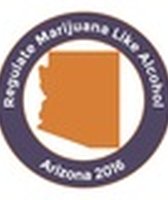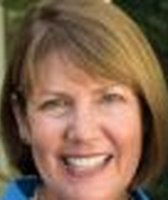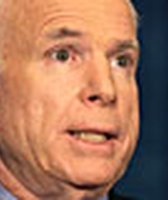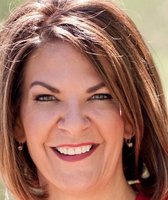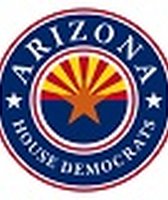Stand up for the facts!
Our only agenda is to publish the truth so you can be an informed participant in democracy.
We need your help.
I would like to contribute
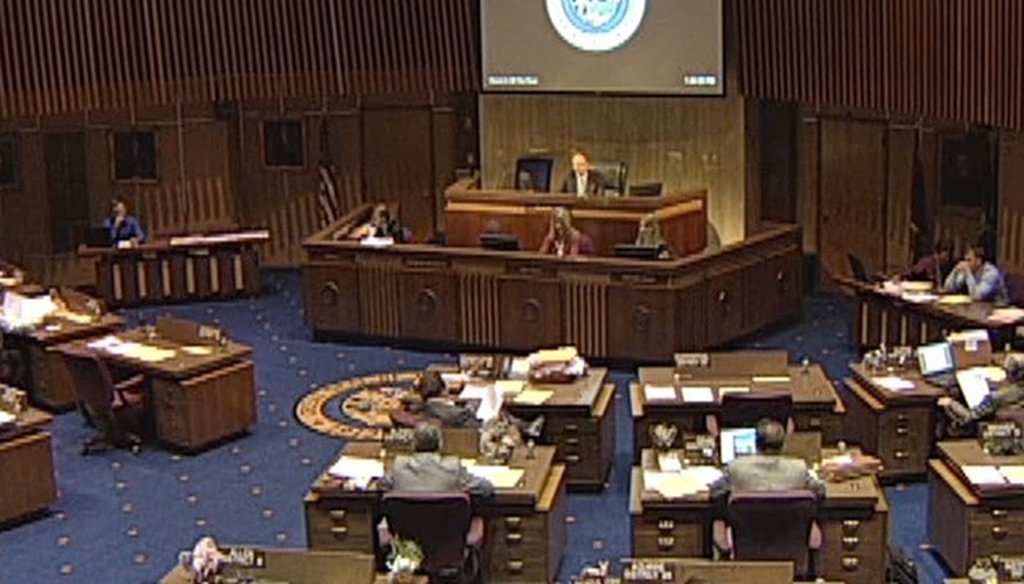
Arizona legislator Steve Montenegro has his own definition of prayer.
The Arizona Legislature has a new policy when it comes to prayer.
House Majority Leader Steve Montenegro, a Republican, adopted an invocation policy Jan. 27 that defines prayer as a "solemn request for guidance and help from God."
Rep. Juan Mendez, D-Tempe, an atheist, said the policy makes him feel "disenfranchised."
Here’s the expanded statement in a memo Montenegro sent to state representatives:
"Prayer, as commonly understood and in the long-honored tradition of the Arizona House of Representatives, is a solemn request for guidance and help from God.
"A Member’s request to lead the prayer, or to invite a member of the clergy to lead the prayer, is an avowal that the request is for the stated purpose. Members who wish to observe a moment of silence, recite a poem, express personal sentiments or speak rather than pray, should rise to a point of personal privilege to do so."
Given the complexity and interpretation of prayer, we can’t put Montenegro’s statement up for a fact-check. But we had a hunch that not all definitions of public prayer included requests made to a higher power.
Not just the man upstairs
Arizona House of Representatives press secretary Stephanie Grisham said Montenegro wanted to give members written guidance on prayer during meetings. Before his policy, she said, invocations varied with leadership.
"In the absence of a written policy, the majority leader wanted to give members written guidance, that guidance is based on controlling U.S. Supreme Court interpretation of the First Amendment," Grisham said.
She cited Justice Anthony Kennedy’s opinion in a 2014 U.S. Supreme Court case, Town of Greece v. Galloway, in which the court, in a 5-4 ruling, upheld prayer at public meetings in the town of Greece, New York.
"Ceremonial prayer is but a recognition that, since this nation was founded and until the present day, many Americans deem that their own existence must be understood by precepts far beyond the authority of government, to alter or define and that willing participation in civic affairs can be consistent with a brief acknowledgement of their belief in a higher power, always with due respect for those who adhere to other beliefs."
However, the operative word there is "can."
Kennedy also made it clear in his opinion that restricting religious speech to certain "religious words" such as "Lord God" would be unwise:
"Because it is unlikely that prayer will be inclusive beyond dispute, it would be unwise to adopt what respondents think is the next-best option: permitting those religious words, and only those words, that are acceptable to the majority, even if they will exclude some. The First Amendment is not a majority rule, and government may not seek to define permissible categories of religious speech."
Montenegro’s memo suggests that any prayer that does not involve God, such as a moment of silence, isn’t a prayer.
American Civil Liberties Union of Arizona Executive Director Alessandra Soler said Montenegro is redefining prayer with his memo.
"The Supreme Court says people should be able to pray the way that they want to pray," Soler said. "They shouldn’t have to fit into a definition of what prayer means, which is exactly what this memo does."
While the memo notes that "no particular faith will be excluded," it restricts moments of silence to "personal privilege," which is when a lawmaker is able to speak about a personal topic without discussion or debate.
Montenegro’s policy precedes the Phoenix City Council’s removal of verbal prayer at their meeting last week, instead opting to start the traditional invocation with a moment of silence.
The move allowed the council to avoid having The Satanic Temple, which signed up to do the invocation at the city’s Feb. 17 meeting, from doing the invocation.
In conclusion
Montenegro’s policy is his interpretation of prayer, and that’s contradicted by other governmental definitions.
According to the Supreme Court’s ruling, prayer during public meetings can involve God or a higher power, but it is not a requirement.
However, whether Montenegro is right or wrong, like prayer, depends on one’s beliefs -- or lackthereof. He can see his definition as fact while others may see it as an opinion.
Our Sources
House Majority Leader Steve Montenegro, "Prayer and the Daily Order of Business," Jan. 27, 2016
Interview with Arizona House of Representatives press secretary Stephanie Grisham, Feb. 9, 2016
ABC News, "Supreme Court Upholds Prayer at Town Meetings," May 5, 2014
SCOTUSblog, "Town of Greece v. Galloway," accessed Feb. 9, 2016
ABC15, "Phoenix council removes verbal prayer at meetings; move prevents ‘Satanic’ prayer," Feb. 3, 2016
ABC15, "Satanists to pray at Phoenix City Council meeting, city council members trying to change rules now," Jan. 28, 2016
ABC15, "AZ legislature says prayer must involve God," Feb. 9, 2016
Interview with American Civil Liberties Union of Arizona Executive Director Alessandra Soler, Feb. 9, 2016
U.S. Supreme Court, "Town of Greece, New York v. Galloway," accessed Feb. 9, 2016
Arizona Legislature, "Rule 27, Privilege of the House, Personal Privilege," accessed Feb. 9, 2016
Arizona Education Network, "Glossary of Legislative Terms," accessed Feb. 9, 2016





